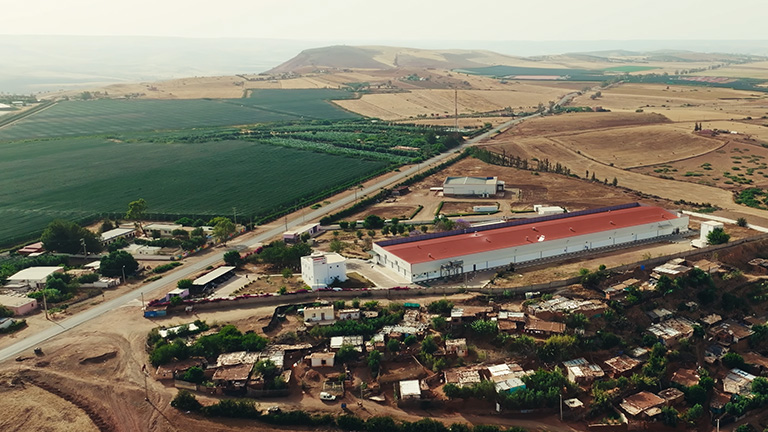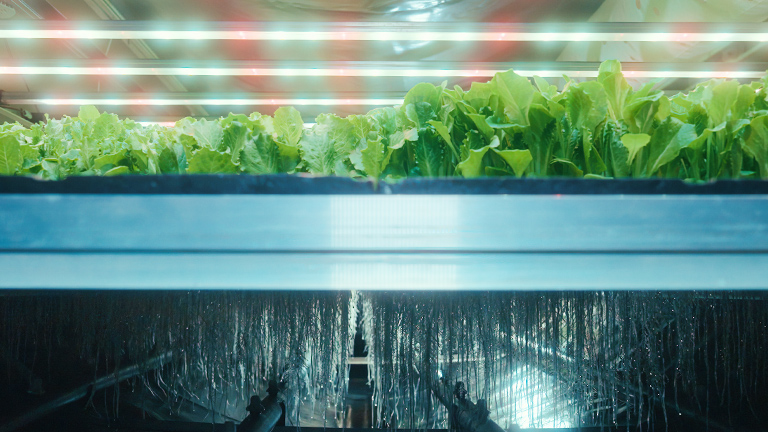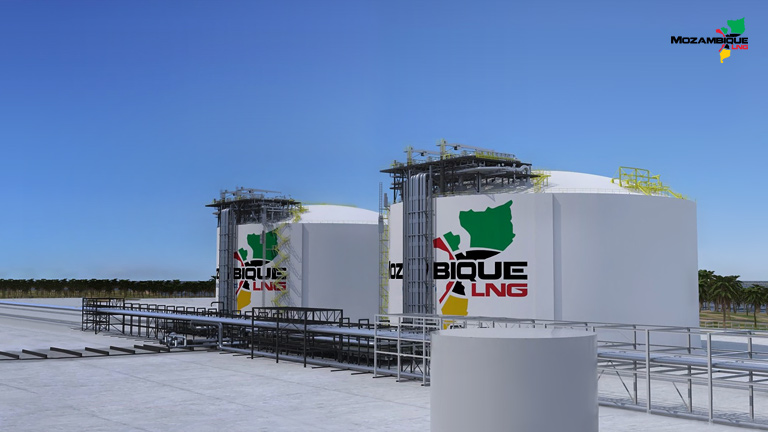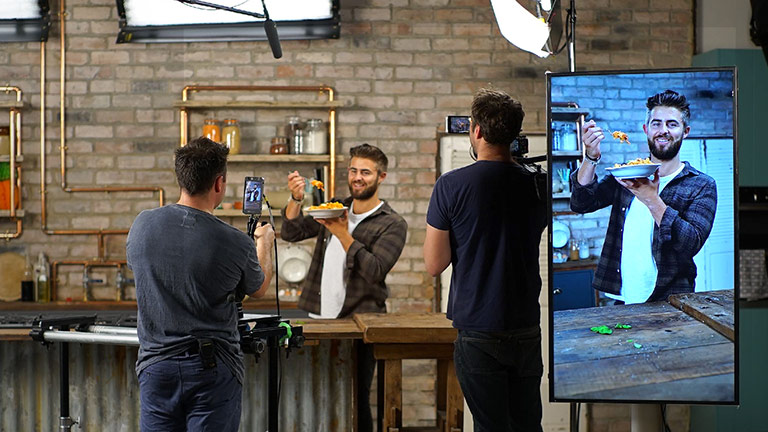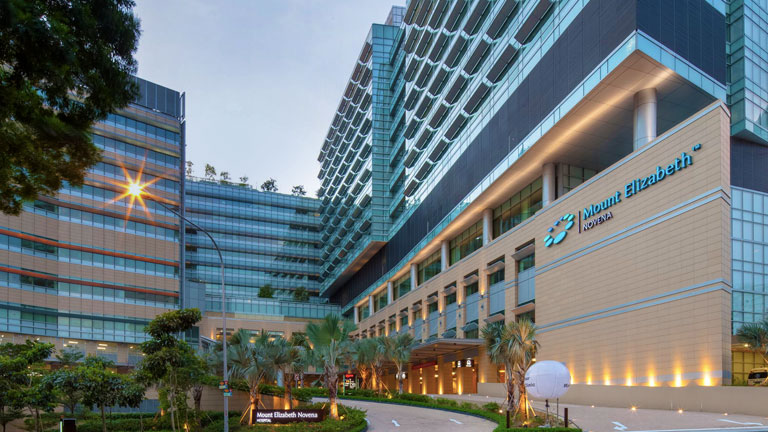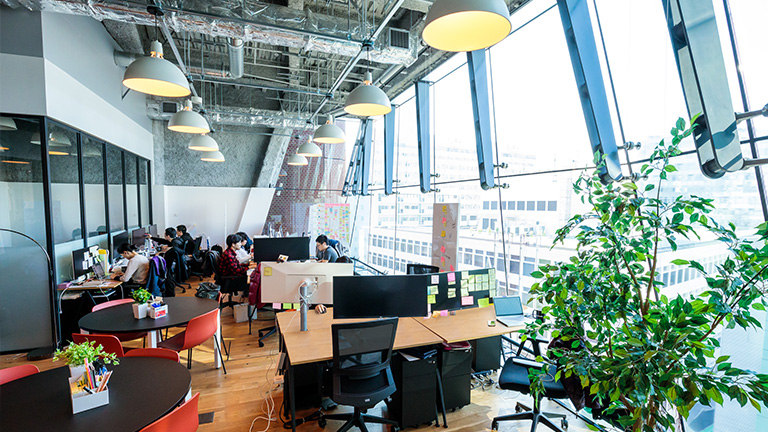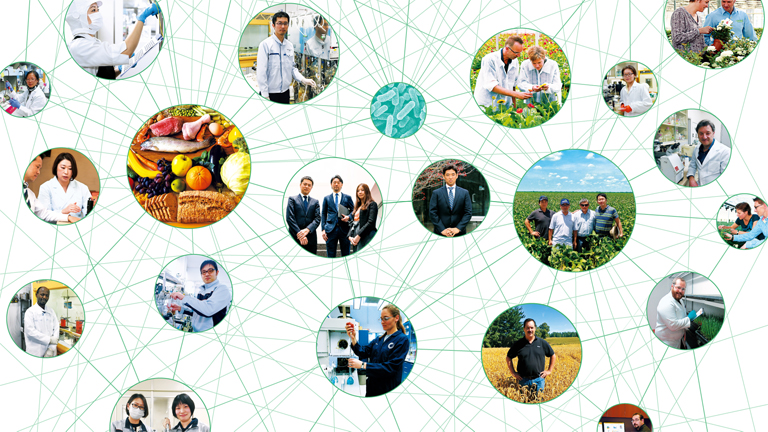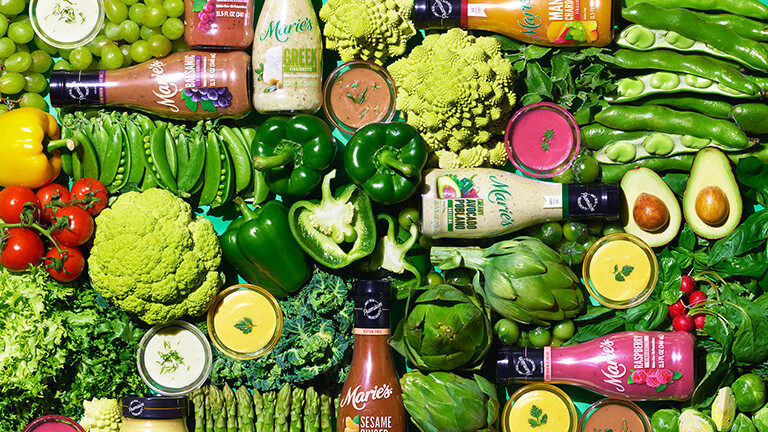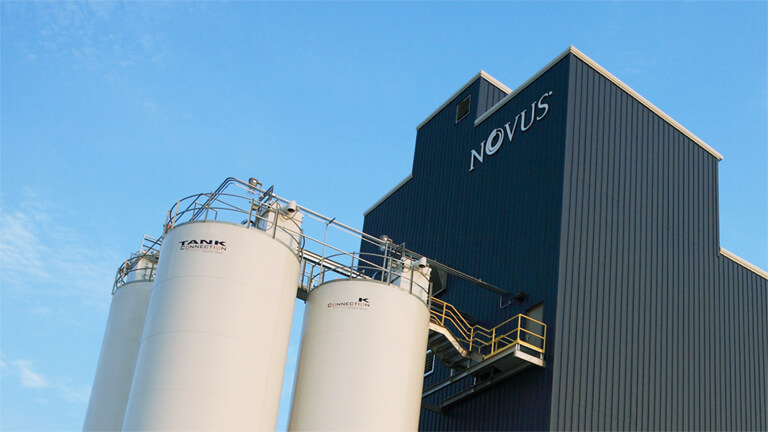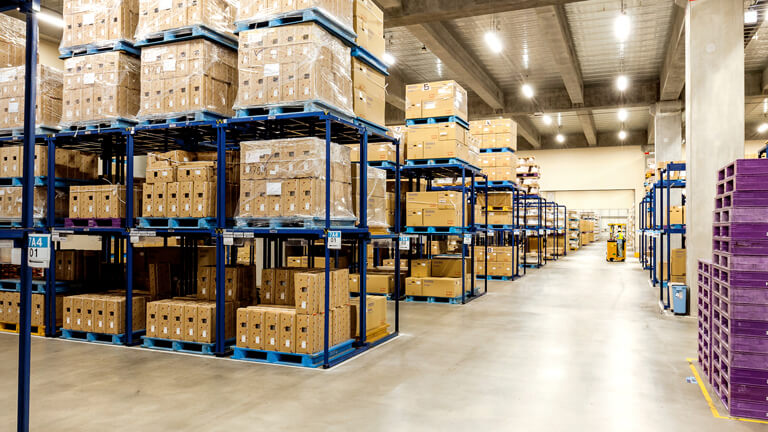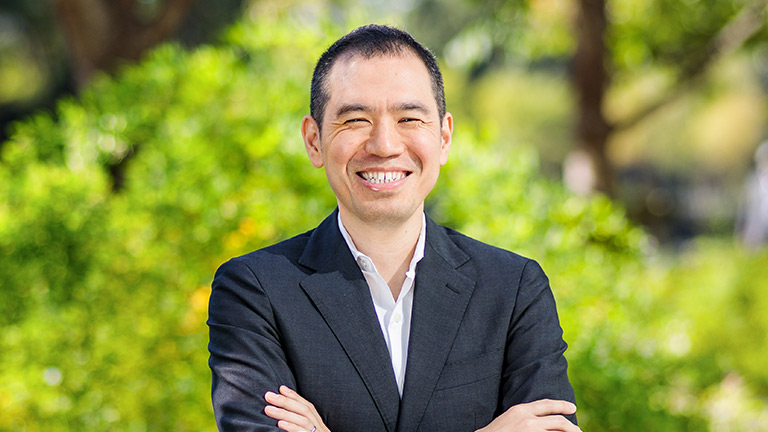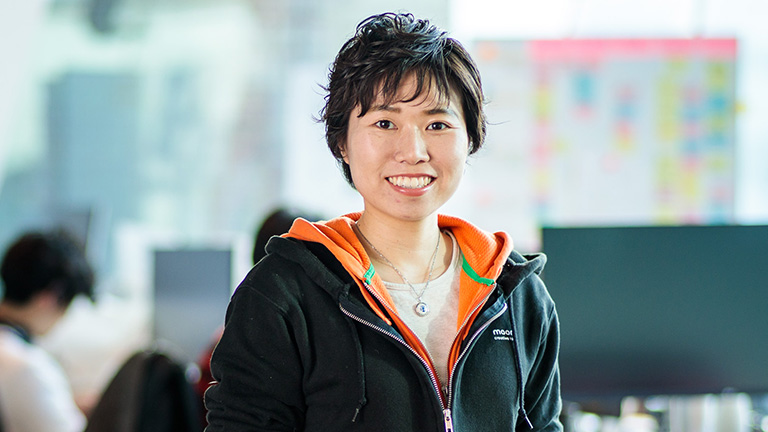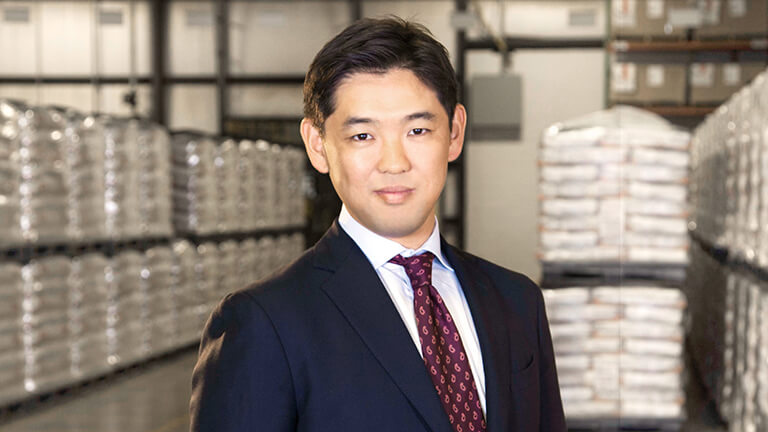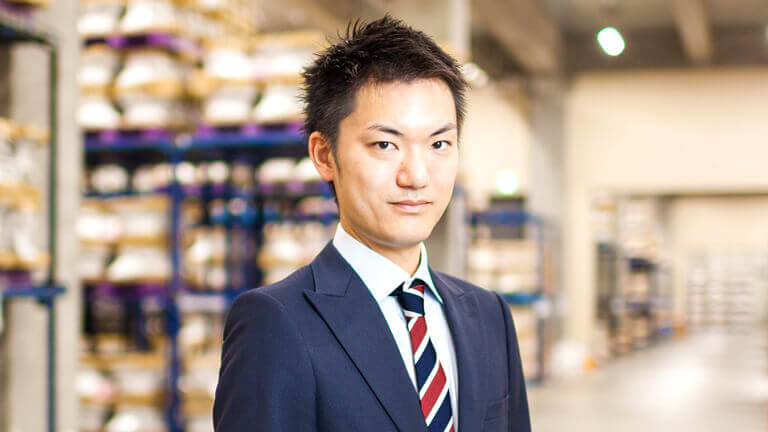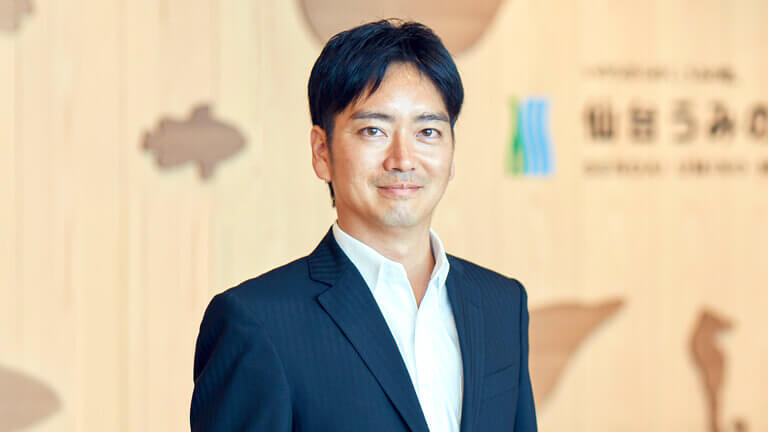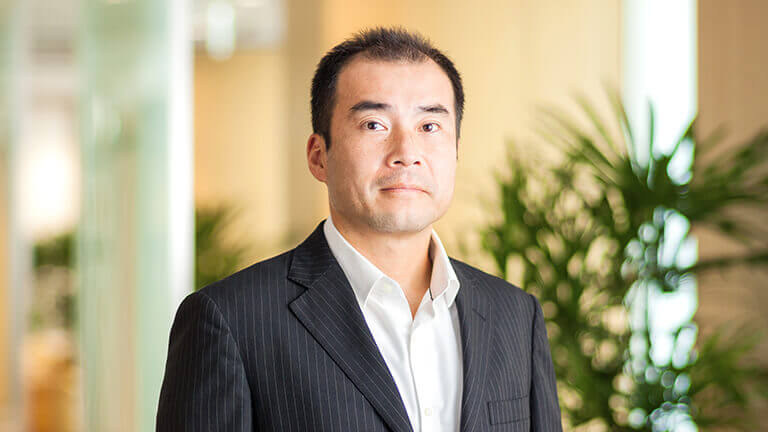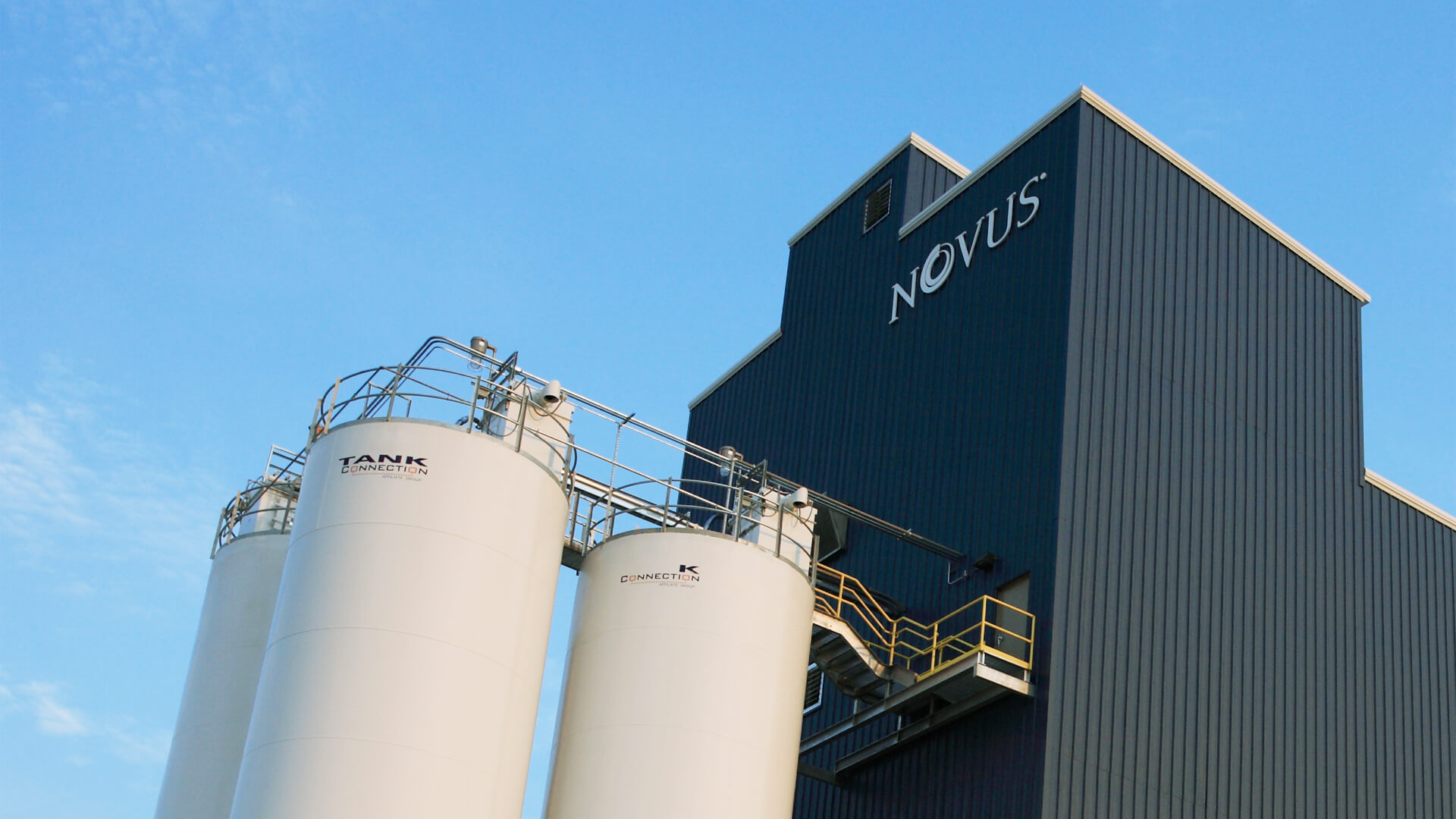
Business Innovation
Wholesome food goes global
With global population and environmental concerns rising, food security is a challenge on a planetary scale. Mitsui subsidiary Novus International, Inc. provides sustainable solutions to feed a growing world.
The world's population is expanding rapidly and is expected to reach 9.6 billion people by 2050. Estimates are that global food production will need to double to meet the new demand.
That sounds like a tall order—until you examine the food industry's track record. Consider, for example, the broiler chicken. Back in the 1950s, your average chicken took 120 days to reach a market weight of 1.4 kilograms; by 2009, it needed just 42 days to reach 2.6 kilograms. The modern chicken converts feed to body weight far more efficiently.
A variety of factors lie behind these dramatic productivity gains, but the impact of feed supplements is undeniably key. Supplements promote faster animal growth by increasing nutrient efficiency. For poultry, it is the amino acid methionine that is the most important feed supplement. And the world's top producer of methionine is St-Louis, Missouri-based Novus International.
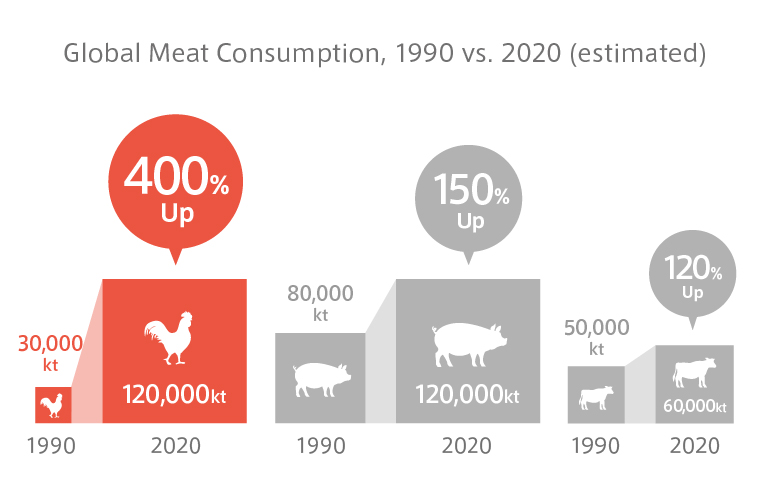
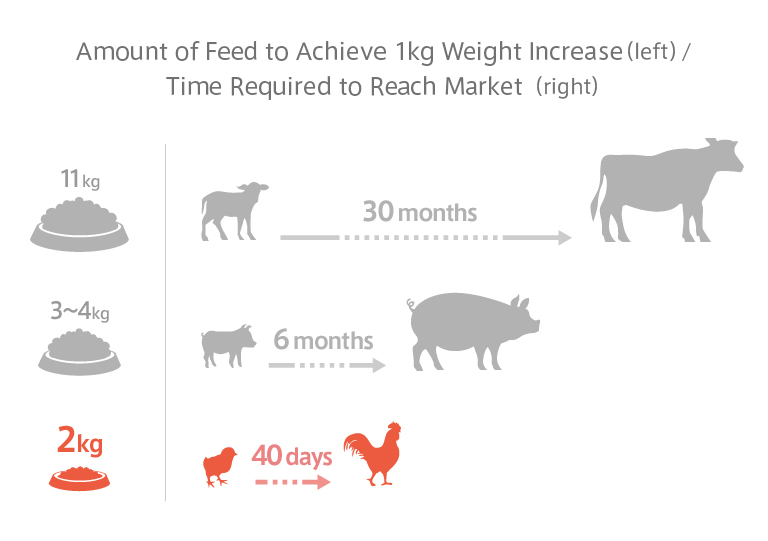
Two parallel histories
In 1991, Mitsui, together with Nippon Soda Co., Ltd. acquired the feed additives division of chemical manufacturer Monsanto. (Mitsui has a 65% stake and Nippon Soda 35%.) When the new entity started life as a standalone company, all the original Monsanto employees and leadership remained in place, but there was a new name—Novus International, Inc. (Novus)—and a new vision: "To help feed the world affordable, wholesome food and achieve a higher quality of life."
Mitsui sends two representatives to Novus head office and provides marketing, planning and investment support; otherwise its policy is to stand back and gives Novus' highly qualified employees the freedom to grow the company as they think best.
This "loose-tight" relationship has been a spectacular success. At its 1991 debut, Novus had around 80 employees and a single flagship methionine-based product family; now it has almost 800 employees, makes a wide range of products.
Three competitive advantages
Drill deep into Novus' growth story, and you find it is driven by three carefully honed competitive advantages: (1) a strong position in the methionine market; (2) a diversified product range that covers multiple markets; and (3) an unbeatable level of customer engagement.
Strength in one key market
Synthesizing methionine is technically complex and involves hazardous raw materials—something that constitutes an automatic barrier to entry. Novus also enjoys first-mover advantage, having invented ALIMET®, a liquid form of methionine, in 1983. (Until then methionine was only sold in powdered form.)
As a liquid, ALIMET® is easier for feed mills to mix in with the other ingredients when making feed pellets for animals. That means lower energy inputs, less physical handling and, of course, lower costs. Novus has further reinforced the strong position of ALIMET® by building it its own dedicated supply chain.
Novus also produces methionine in powdered form under the brand name MHA®. While large integrators prefer liquid, smaller producers tend to prefer powder. Producing both forms gives Novus complete market coverage.
Novus currently has a roughly 30% share of the total methionine market. The Texas plant where ALIMET® is made has expanded over time, but with the market continuing to grow at 5% annually, in 2014 Novus announced plans to further expand its US manufacturing capacity.
Presence in many markets

Overwhelming advantage in one product category is only the beginning; since the turn of the century, Novus has expanded beyond the poultry industry to offer a holistic portfolio of feed value-enhancing products for new markets that include pigs, cattle and farmed fish. The aim is to be a "one-stop shop," capable of meeting the food industry's every need.
Naturally, all of Novus' products offer clear, science-based benefits. For example, feed additives that optimize animals' gut health, helping reduce the need for antibiotics.
Sustainability is another focus. Case in point: Novus' organic trace minerals. These are chemically designed so that more of the minerals animals need stay inside them and less comes out as waste. The result? Healthy animals and a healthy environment.
Customer-driven innovation

Where do all these ideas come from? It’s a combination of things: in-house R&D, open innovation and deep engagement with customers.
Over 10% of Novus’ worldwide workforce is involved in research and development and the company also has a network of universities, NGOs, and government and industry partners to tap into for fresh ideas. But it is the customer who acts as the ultimate source of innovation. Through a process of active customer engagement, Novus attunes itself to customer needs, consciously building all its processes—from R&D and manufacturing to logistics and technical support—around the customer igniting a non-stop cycle of innovation.
Four corners of the Earth

Global demand for Novus' products continues to grow. The company currently has over 3,500 customers in more than one hundred countries around the world. Emerging nations with large, expanding, and increasingly prosperous—and therefore protein-hungry—populations such as China, Brazil, Nigeria and Indonesia are expanding particularly fast.
In May 2014, Mitsui positioned "Food and Agriculture" as one of its seven key strategic domains. As the parent company, Mitsui is proud to be part of Novus' mission to provide the world with a sustainable supply of "affordable, wholesome food." We know that planetary problems require planetary solutions.
Posted in December 2015

